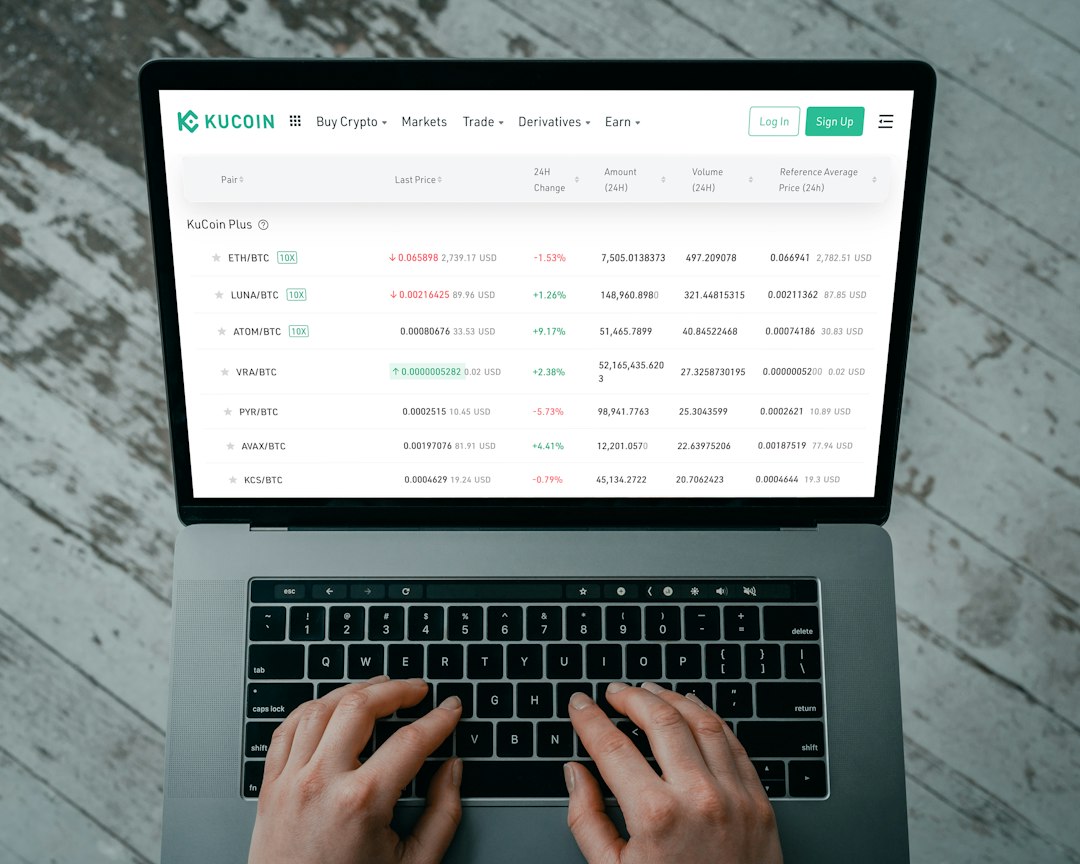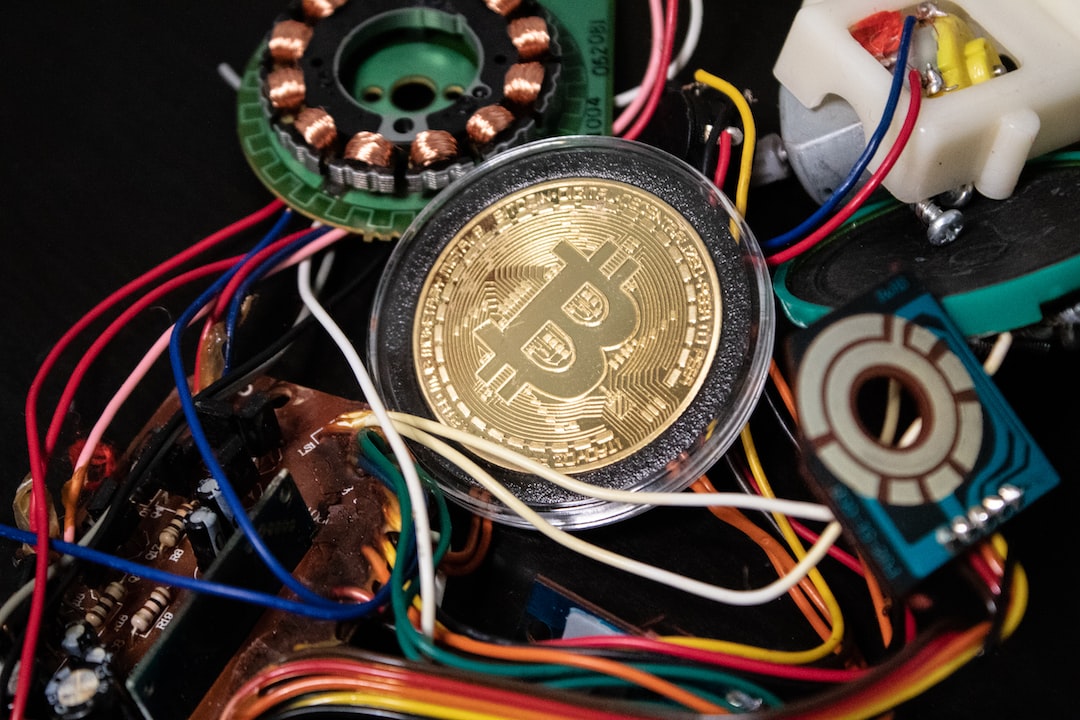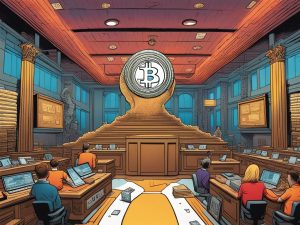The Relationship Between Bitcoin and US Inflation
The price of Bitcoin has remained virtually unchanged for several days, possibly due to the anticipation of the updated inflation data in the US. The price has been hovering above $36,000 for the past six days, after briefly reaching nearly $38,000 on November 9th. This lateral movement is likely due to market anticipation of the US inflation data, which was set to be released on November 14th.
Markets are particularly interested in the core inflation figure, as it is used by the Federal Reserve to make monetary policy decisions. The markets expect the core inflation figure to remain unchanged at 4.1%, while general inflation is expected to decrease from 3.7% to 3.3%.
Implications of US Inflation Data on Bitcoin
The reaction of the markets will largely depend on whether the inflation figures confirm expectations or deviate significantly from them. If core inflation remains unchanged, markets may not react significantly. However, a significant increase in core inflation could lead to a negative market reaction.
Furthermore, the Federal Reserve’s monetary policy is closely tied to changes in liquidity in financial markets. The Fed’s ability to influence liquidity makes it a key player in determining asset prices, including cryptocurrencies like Bitcoin.
Market Performance of Altcoins
The performance of altcoins like Ethereum, Solana, Polygon, Avalanche, and CRO has followed a different trajectory compared to Bitcoin and Ethereum. Some altcoins have seen substantial gains over the past week. However, Bitcoin and Ethereum have also experienced significant increases since the beginning of the year.
Analysts’ Commentary
Bitfinex analysts caution against assuming a new bull market based on recent price movements and emphasize that market dynamics are constantly evolving. They also point out that consumer attitudes towards inflation are closely monitored by the Federal Reserve as they work to control price hikes and prevent adverse consumer behavior.
Hot Take: Impact of Inflation Expectations on Consumer Behavior
It is important for investors to consider how inflation expectations can influence consumer behavior and shape market dynamics. The Federal Reserve’s efforts to control inflation are aimed at preventing pessimistic consumer outlooks from undermining progress in controlling price hikes. Despite high employment rates and post-pandemic wage increases, persistent inflation has contributed to negative consumer expectations. It is crucial for investors and policymakers alike to monitor these trends closely to anticipate their impact on market behavior and economic policies.





 By
By
 By
By
 By
By

